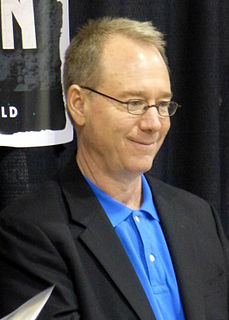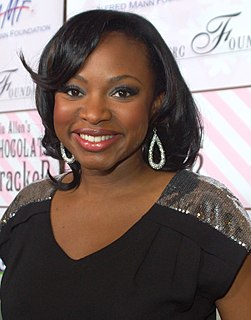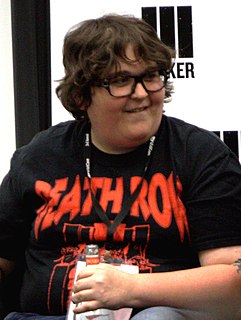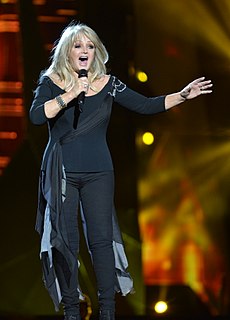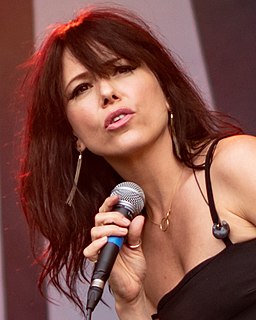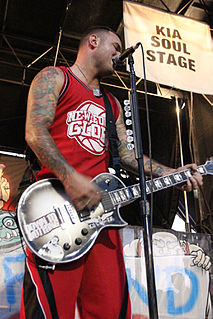A Quote by Hoagy Carmichael
I'm singing the music publisher's theme song - it ain't a commercial.
Quote Topics
Related Quotes
Singing is a way of releasing an emotion that you sometimes can't portray when you're acting. And music moves your soul, so music is the source of the most intense emotions you can feel. When you hear a song and you're acting it's incredible. But when you're singing a song and you're acting it's even more incredible.
Musically, though, you're a character and you're singing a song. If you're not your own character, you're the character in the song, most of the time. Even blues musicians, a lot of them who were the most realistic, at times, they were singing a song and portraying a character in the song. There's something to be said for getting involved in the emotion of a song, too, with the characters.
I wrote 'Turn Your Radio On' in 1937, and it was published in 1938. At this time radio was relatively new to the rural people, especially gospel music programs. I had become alert to the necessity of creating song titles, themes, and plots, and frequently people would call me and say, 'Turn your radio on, Albert, they're singing one of your songs on such-and-such a station.' It finally dawned on me to use their quote, 'Turn your radio on,' as a theme for a religious originated song, and this was the beginning of 'Turn Your Radio On' as we know it.
It's so different going in the studio and singing your own music and you don't really think about making sure that the message of the song or the idea behind the song comes across to people. Because it's in your head, it's in your heart, whatever, but it's... different when you're playing a character and you're singing as the character. There's just a lot more involved in that, I guess.



